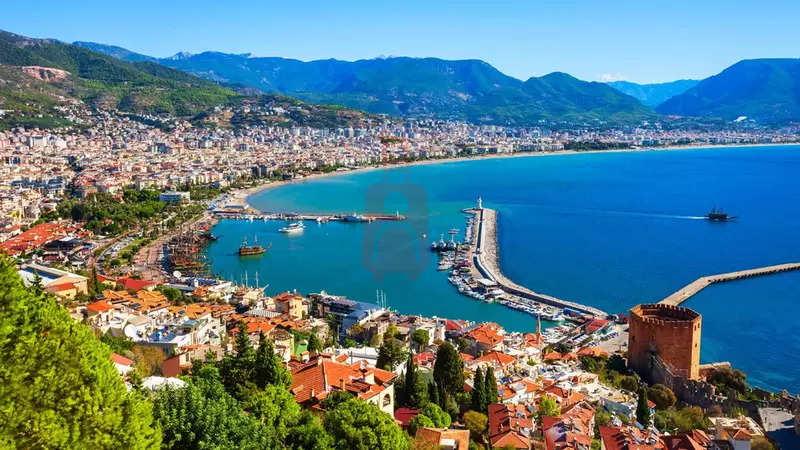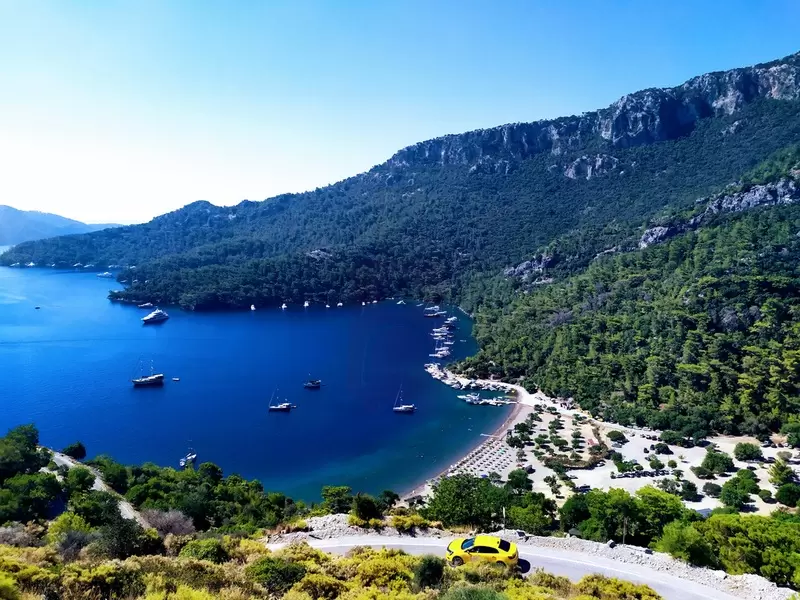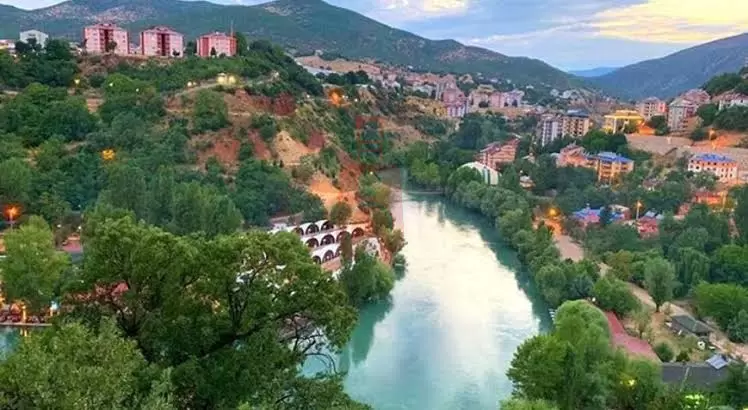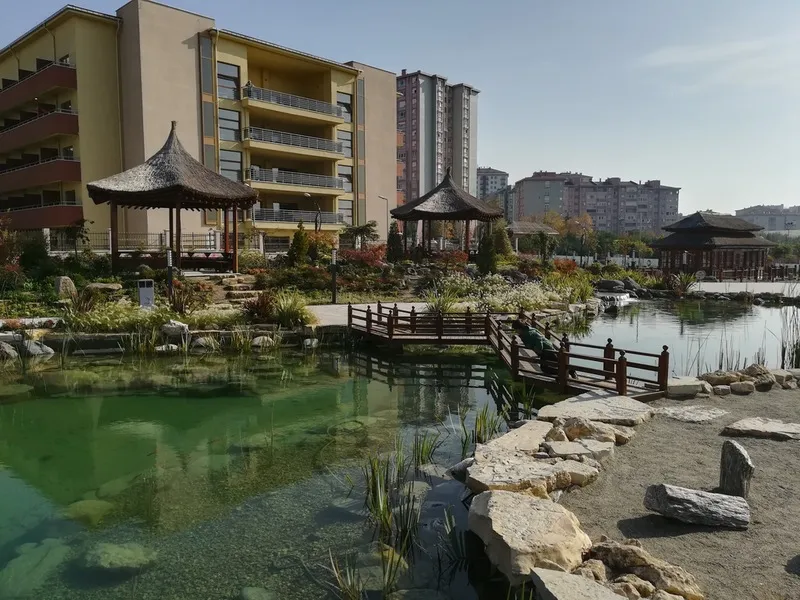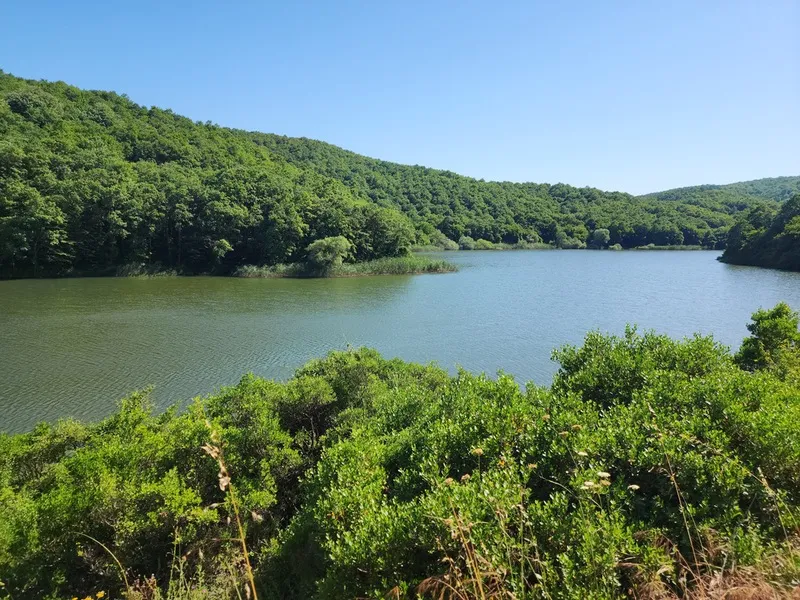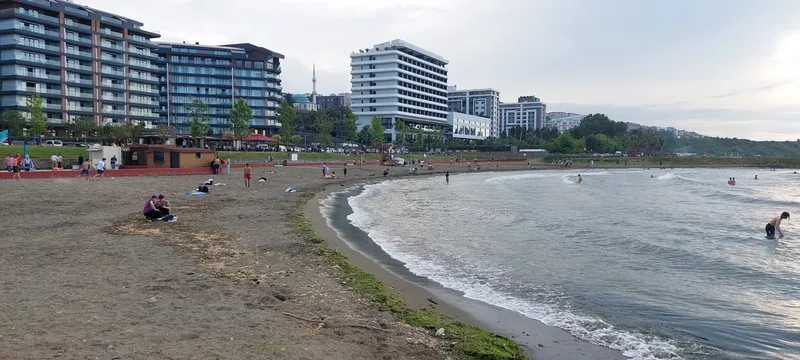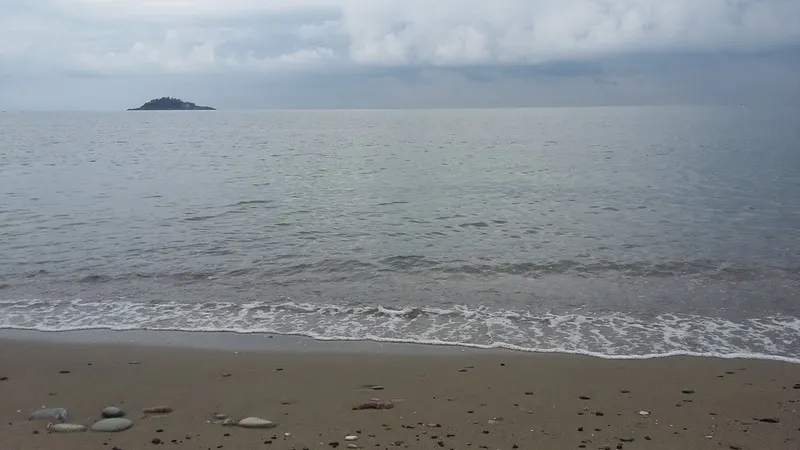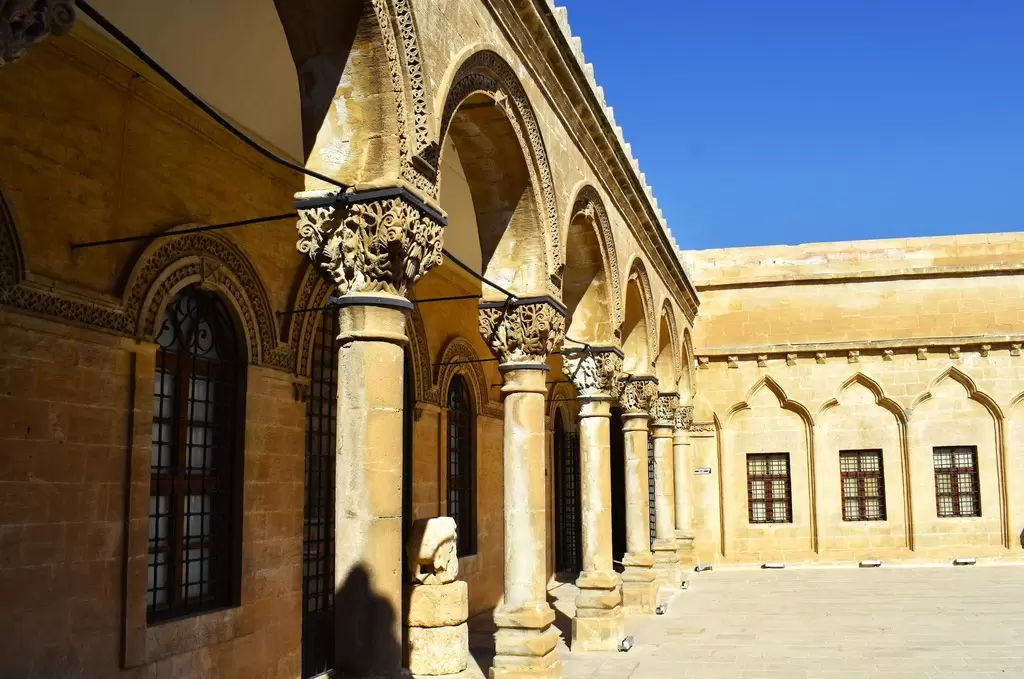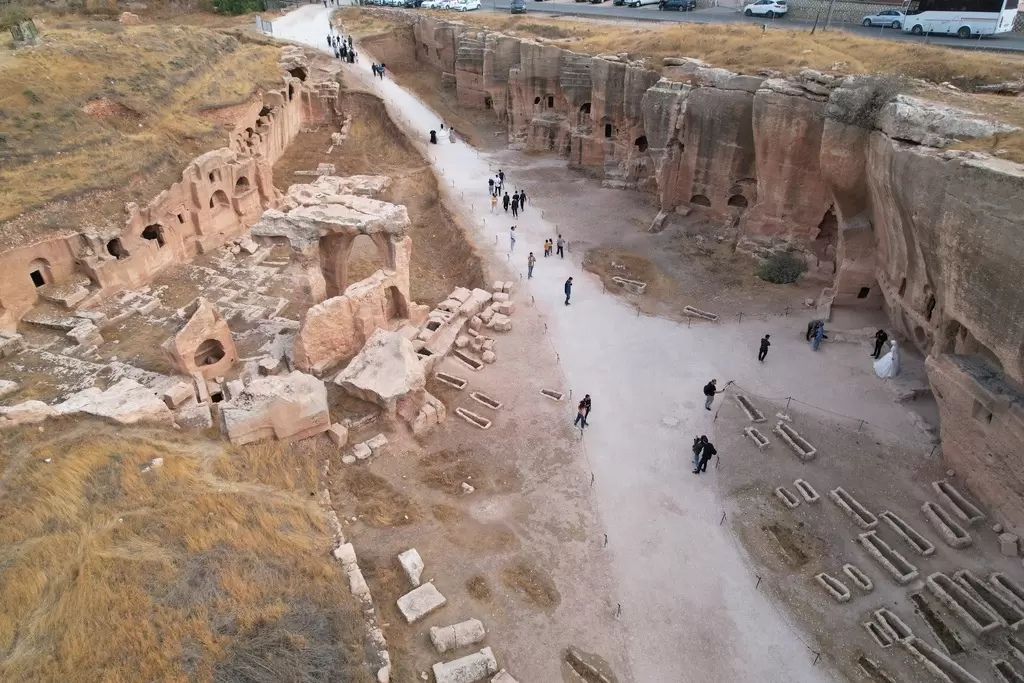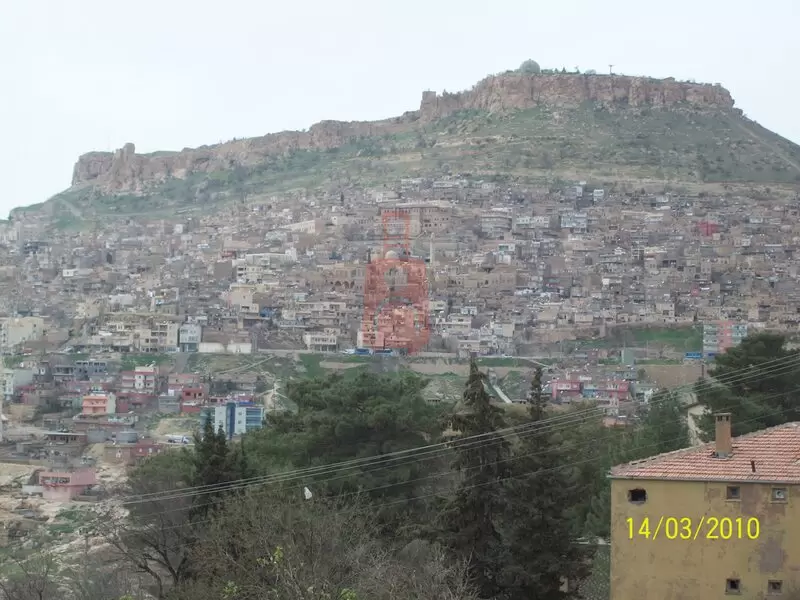
Connected via nearby Mardin Airport and roads, the atmospheric city provides cave hotels, boutique pensions and thermal hot springs amid buzzing restaurants serving kebabs, baklava and locally grown produce. Nearby Midyat preserves ancient Assyrian culture.
Further exploring passes remote villages exhibiting beehive homes and churches with influences from Byzantine to Georgian architecture. Outdoor pursuits extend amid dramatic scenery and cultural heritage abounds in this crossroads region.
-
Transportation: Mardin does not have its own airport, but it is well-connected to other major cities in Turkey. The nearest airport is Mardin Airport (MQM), which offers domestic flights. Alternatively, you can reach Mardin by bus or car from nearby cities. Within the city, local transportation options include taxis and dolmuş (shared minibusses).
-
Climate: Mardin has a hot semi-arid climate, characterized by hot and dry summers and mild winters. The summer months (June to August) can be particularly hot, with temperatures reaching high levels. It's advisable to pack sunscreen, a hat, and lightweight clothing. The best time to visit Mardin is during the spring (April to June) and autumn (September to November) when the weather is more moderate.
-
Attractions: Mardin is famous for its unique architecture, historical sites, and cultural heritage. Here are some popular places to visit:
-
Mardin Old Town: Explore the enchanting streets of Mardin's Old Town, which is a UNESCO World Heritage site. Admire the beautifully preserved sandstone buildings, traditional houses with intricate stonework, and narrow winding alleys. The old town offers stunning panoramic views of the surrounding plains.
-
Mardin Museum: Visit the Mardin Museum, located in a former 19th-century mansion. The museum showcases a collection of artifacts representing the region's history, archaeology, and ethnography.
-
Deyrulzafaran Monastery: Discover the Deyrulzafaran Monastery, also known as the Saffron Monastery. This ancient Syriac Orthodox monastery is located on a hilltop with breathtaking views. Explore its impressive architecture, ancient church, and peaceful surroundings.
-
Kasımiye Medrese: Visit the Kasımiye Medrese, a historical Islamic school known for its intricate geometric patterns and beautiful stonework. Enjoy the serene atmosphere of the courtyard and admire the architectural details.
-
-
Local Cuisine: Mardin offers a delightful culinary experience with its unique blend of Middle Eastern and Turkish flavors. Don't miss the opportunity to taste local specialties such as "Mardin kebabı" (grilled meat dish), "Mezze" (assortment of small dishes), "Beyran çorbası" (lamb and rice soup), and "Kadayıf" (a sweet pastry with nuts and syrup). Mardin is also known for its rich coffee culture, so be sure to try the traditional Turkish coffee.
-
Accommodation: Mardin offers a range of accommodation options, including boutique hotels, guesthouses, and restored traditional houses. Many of these establishments are located in the heart of the Old Town, providing an authentic and immersive experience.
Before your trip, it's advisable to check the latest travel advisories and guidelines, as well as any specific requirements for entry into Turkey. Enjoy your visit to Mardin and immerse yourself in its stunning architecture, cultural heritage, and warm hospitality!
